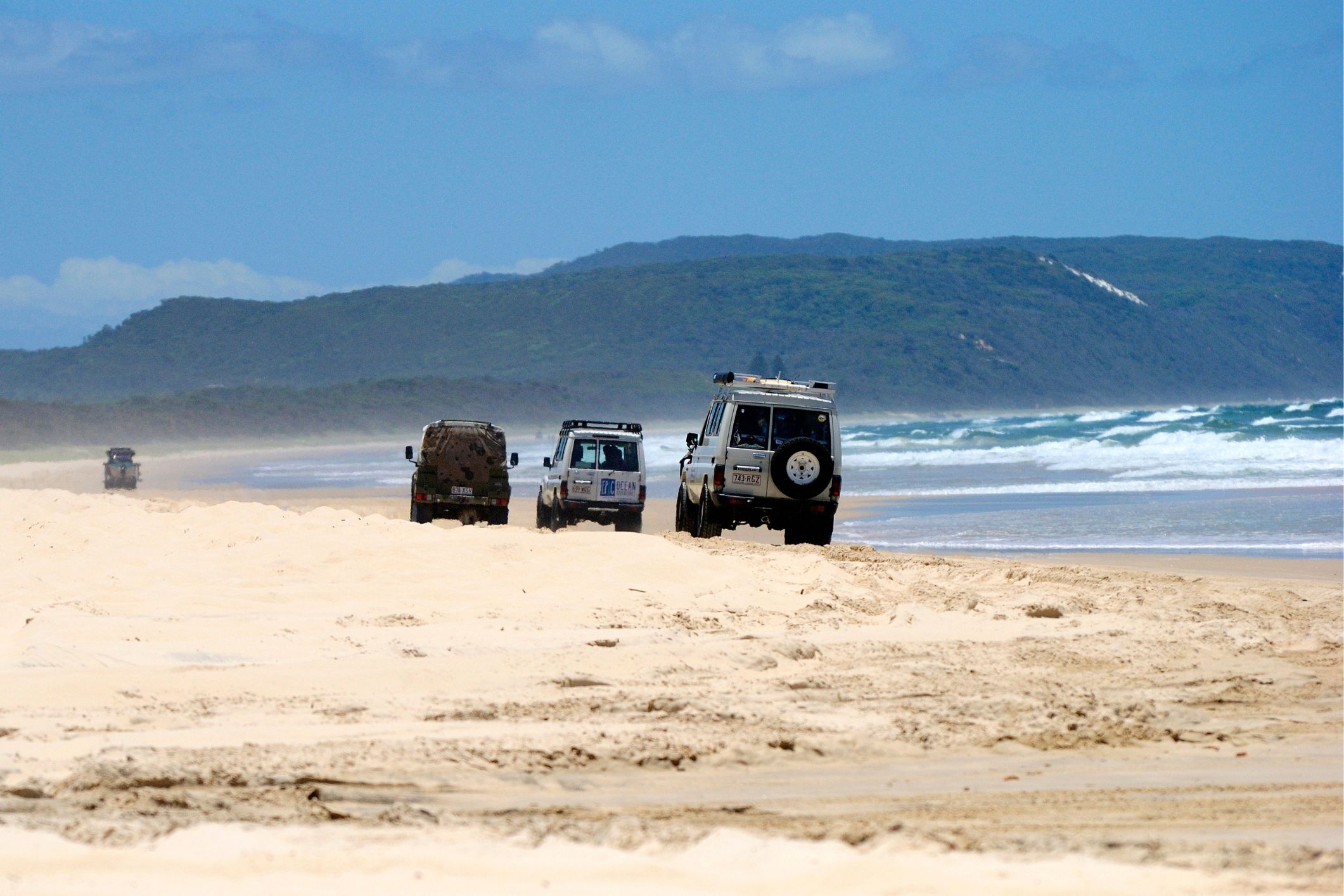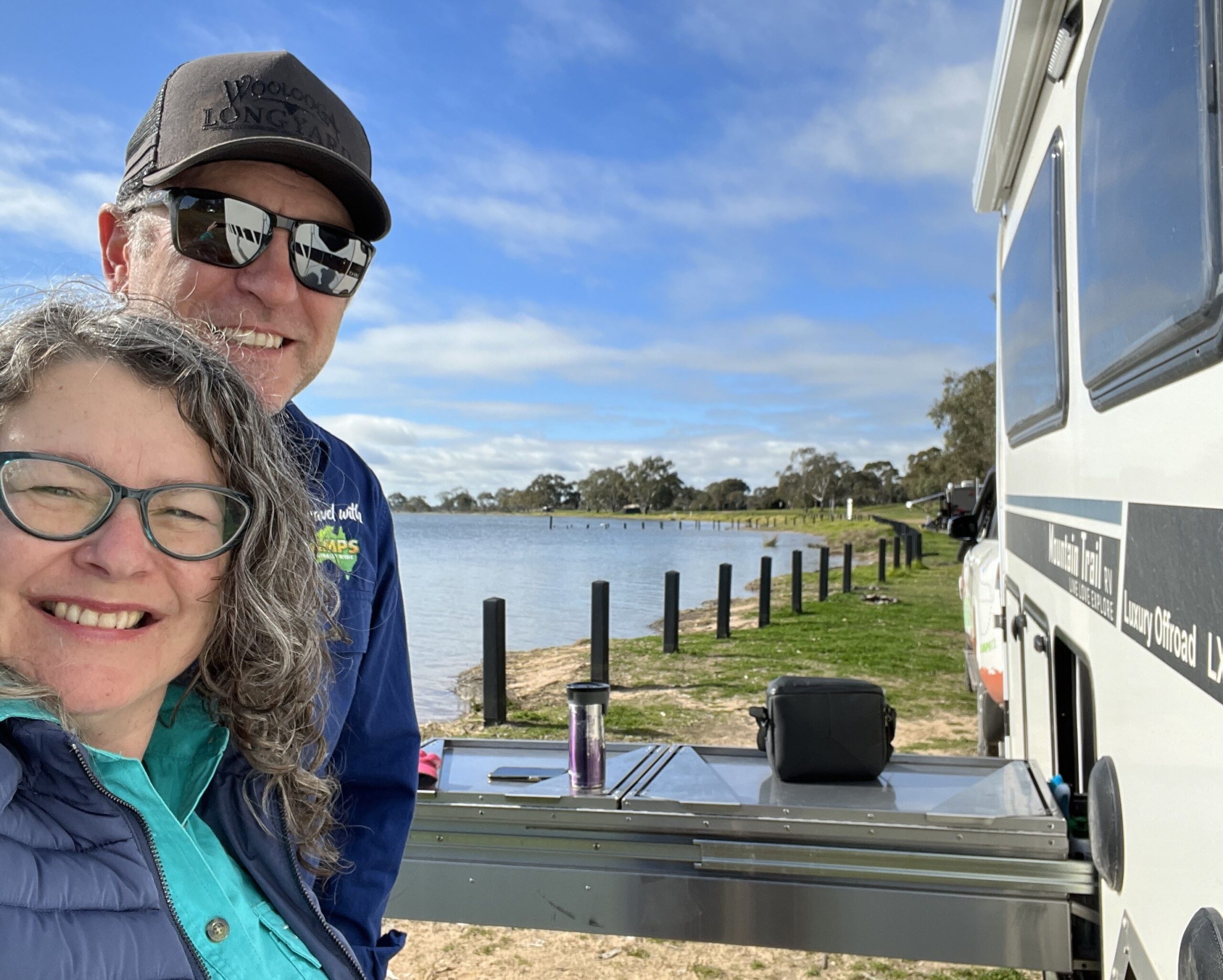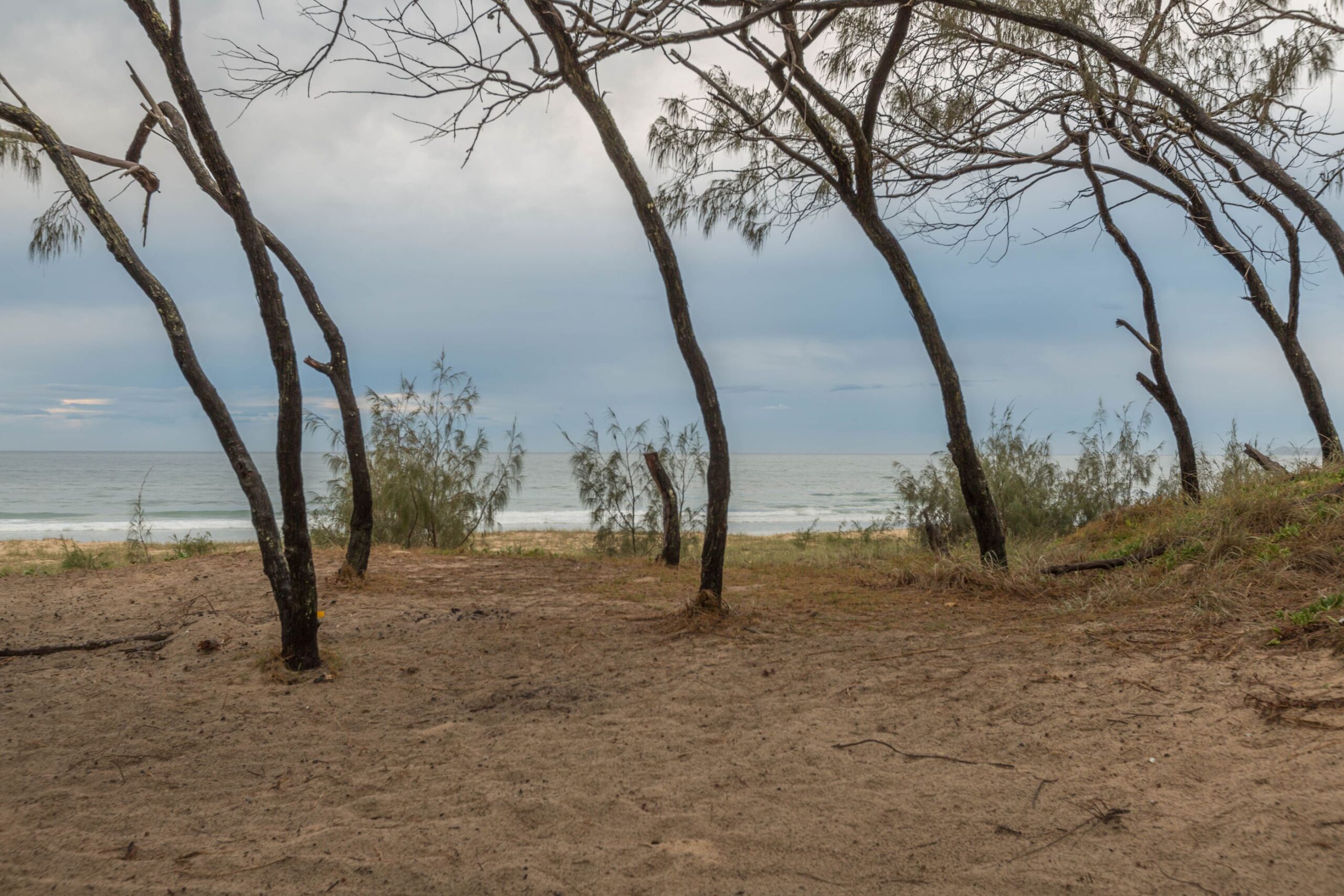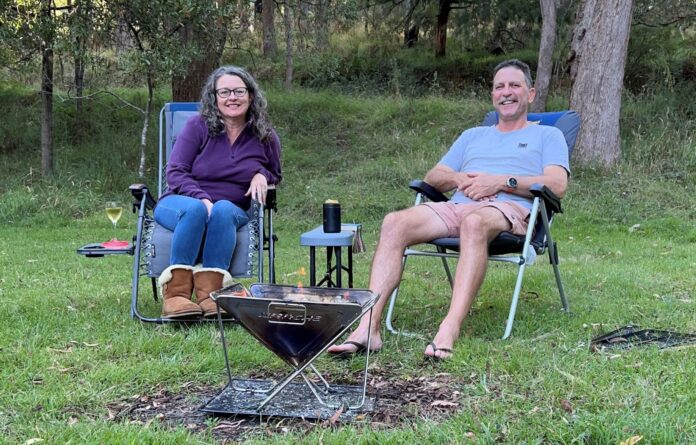Travellers who book campsites but fail to turn up have been put on notice by park rangers, who say the practice frustrates and disappoints fellow campers.
The Department of Environment and Science (DES), which manages Queensland’s national parks, says ‘ghost’ bookings are “very common” and prevent others from booking and using campsites.
Campgrounds around the Sunshine Coast area are not immune from the problem, with a camping expert saying Teewah Beach, Inskip Point and K’gari were hotspots for the issue.
Do you have an opinion to share? Submit a Letter to the Editor at Sunshine Coast News via news@sunshinecoastnews.com.au. You must include your name and suburb.
A DES spokesperson said the problem could affect as many as half of the sites in some campgrounds.
“Ghos’ bookings, where people book campsites in our national parks, state forests and recreation areas and then fail to turn up, are unfortunately very common, and occur throughout the state, even in remote areas,” they said.
“We don’t have hard statistics on the number of ghost bookings that occur but our rangers have noted occasions where our popular campsites have been fully booked, yet up to 50 per cent of sites remain empty. This prevents others booking and using the campsite.

“Our popular camping sites in the Sunshine Coast region are not immune to this practice, with rangers noting its occurrence all too often, particular in camping areas with bookable numbered sites.”
Travellers to national parks in Queensland are required to book and pay for campsites online prior to arriving but this doesn’t prevent ghost bookings from occurring.
“These instances are very frustrating and disappointing as this means other people have no opportunity to obtain campsites when camping areas are fully booked, yet many campsites remain unoccupied,” the spokesperson said.
“People can have valid reasons for not turning up to their campsite and there is an option for modifying bookings up to two days before their scheduled visit, including changing locations, dates and duration or requesting a refund.”
Want more free local news? Follow Sunshine Coast News on Facebook, LinkedIn and Instagram.
The spokesperson said there were no specific penalties for failing to use a booked site, other than losing the camping fee if a refund wasn’t requested or was not applicable.
“We ask everyone to be considerate and do the right thing by others by changing or cancelling their booking as soon as possible if they are unable to use their booked campsite,” they said.
Rainbow Beach-based Heatley and Michelle Gilmore run Camps Australia Wide, which includes guidebooks and an app focusing on low-cost camping, RV and caravan travel sites. They travel extensively throughout Australia and have seen the issues with ghost bookings first-hand.
“As locals, we know at the very popular Inskip Point, near Rainbow Beach, some campers hold a prime site with an empty tent,” Mrs Gilmore said.

“They are happy to fork out for extra days, knowing they’ll camp there for the rest of their stay.”
But she said there were other possible explanations for no-shows as well.
“Although you can make changes leading up to your camping event, sometimes ill health or family circumstances can turn a camping holiday into a non-event,” she said.
“Inclement weather could also be a major reason for this. How often do the forecasters get it wrong, so that punters will be turned away. Then the days turn out to be rain-free.”
Related story: ‘Good business’: expert urges rethink on camping
She said she had received feedback from travellers all over Australia about ghost bookings.
“One said: ‘We travellers haven’t got a chance. They are booked six months in advance – sometimes by people who don’t even end up using it. They book just in case,” she said.
Mrs Gilmore said those planning to stay in national parks needed to think ahead to avoid missing out.
“The perception that national parks are difficult to book will push campers to other options, or even other routes,” she said.

“It may mean a spontaneous trip might need to be further afield, or choose a private campground or caravan park instead of cheaper national park or state forests. We still have plenty of those in easy distance of the Sunshine Coast.
“Travellers need to plan ahead when in peak periods and at popular national parks, especially when Queensland’s top three campgrounds are in your own backyard – Teewah Beach, Inskip Point and K’gari (Fraser Island).”
The DES spokesperson urged anyone visiting national parks to be considerate of other campers.
“We have many tips to ensure you camp with care, including minimising noise and leaving domestic animals at home (authorised assistance dogs are excepted),” they said.
“In the lead-up to the Christmas and New Year holidays, we ask everyone to book a campsite early to avoid disappointment, and to always check Park Alerts for the latest information on access and conditions of our parks, forest and recreation areas.”
Mrs Gilmore also emphasised the importance of mindful camping.
“We are always advocating ‘leave no trace’,” she said.
“If we want campsites to stay open, then all campers need to respect the environment and leave it better for the next person. Otherwise, these beautiful camps are at risk of shutting down.”
For more on Camps Australia Wide click here. The app is now free and has recently had a world-first update where you can connect with other travellers. To celebrate, a $20,000 giveaway for a Kimberley holiday is on offer. Click the link for more details.
Help us deliver more news by registering for our FREE daily news feed. All it requires is your name and email at the bottom of this article.





